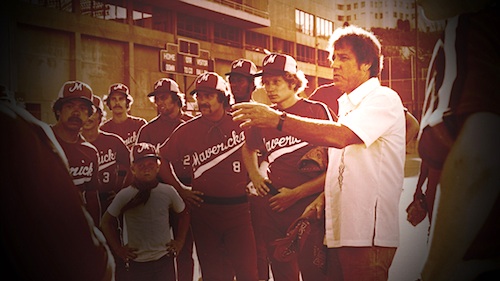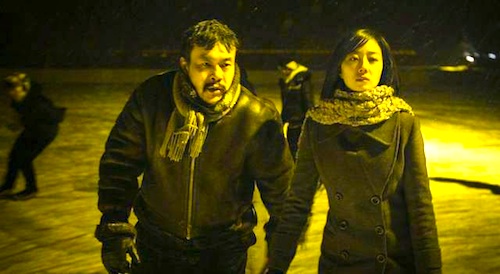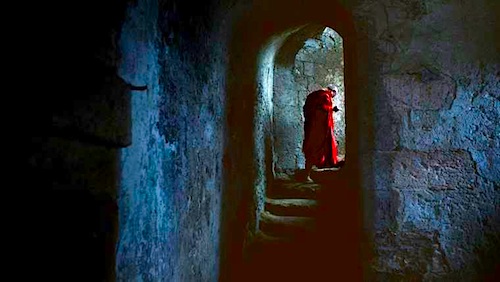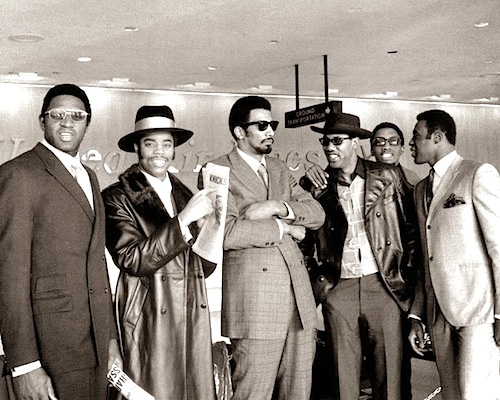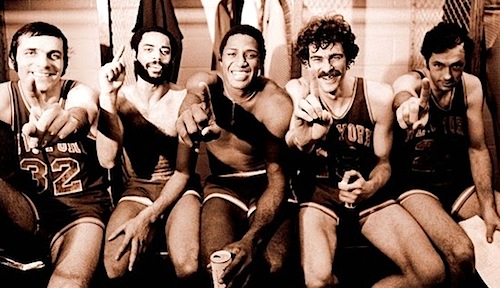By Joe Bendel. He is not exactly a budding Walter White. His partner is more daring, but her willingness to sample their goods does not bode well. Thanks to Burma’s economic stagnation, the young protagonists are willing make some very problematic choices in Midi Z’s Ice Poison, which screens during the 2014 Tribeca Film Festival.
When we first meet the former farmer, he is so poor, Midi Z’s screenplay does not even grant him a proper name. With prices for their vegetables tumbling, the man and his father hock the family cow to buy a scooter. The old man seems to think there is good money to be made shuttling people home from the local bus depot, but proper cabs take most of that business. His surly son can only scuffle odd delivery jobs. However, that might be just what Sanmei needs.
Tricked into an involuntary marriage in China, Sanmei has been granted leave to bury her failing grandfather. Even though she left behind a child in Yunnan, she has no intention of returning. Determined to make some real money, she gets involved with her drug dealing cousin. Her deal with the scooter driver is simple. If he does the driving, she will handle all the exchanges, giving him a healthy cut for his efforts. They might not be Bonnie and Clyde, but we can all assume they are headed in a similar direction. Yet despite their reckless behavior, Midi Z would not have us judge them harshly. After all, they have taken some pretty drastic steps to secure legitimate work, only to be disappointed at every step.
Arguably, Ice is an unusually ambitious film, grappling with at least two and a half hot button issues. Obviously, Midi Z shines a light on Burma’s drug related social pathologies. He also directly addresses the plight of migrant workers, particularly with respects to bait-and-switch white slavery. Finally, Poison drops intriguing, if under-developed, hints regarding the extent secular modernity has challenged cultural and religious traditions. As a case in point, Sanmei’s return from China was delayed so she could retrieve her grandfather’s burial clothes, which had to be secretly buried themselves to survive the Cultural Revolution.

The Burma-born, Taiwan-based Midi Z is almost a one-man dynamo for the nascent Burmese film business (and they do call their nation Burma, rather than “Myanmar”). His eye for visuals has sharpened considerably since Return to Burma. However, the narrative balance is a bit out of whack. He spends considerably more time establishing the crumminess of the two protagonists’ lives than building suspense around their illicit trade. Still, the closing scene will knock the wind out of audiences, vividly reminding us just who the biggest loser is amidst this tale of woe.
Given her frequent collaborations with Midi Z, Wu Ke-xi probably qualifies as the first lady of Burmese cinema. In a chilling performance, she conveys both desperate vulnerability as well as nihilistic inclinations. In contrast, Wang Shin-hong is almost too reserved as the scooter-driver, even making it rather tricky to discern when he is stoned. Nevertheless, when he loses it down the stretch, it is something fierce to behold.
Ice Poison is not a perfect film, but it is significant, both as a symbol of Burma’s cinematic potential and a documentary like exercise in holding a mirror up to nature. It is a bit slack at times, but the stakes are about as serious as could be. Recommended who those who appreciate challenging social dramas, Ice Poison screened again tonight (4/22) during this year’s Tribeca Film Festival.
LFM GRADE: B
Posted on April 22nd, 2014 at 11:22pm.
